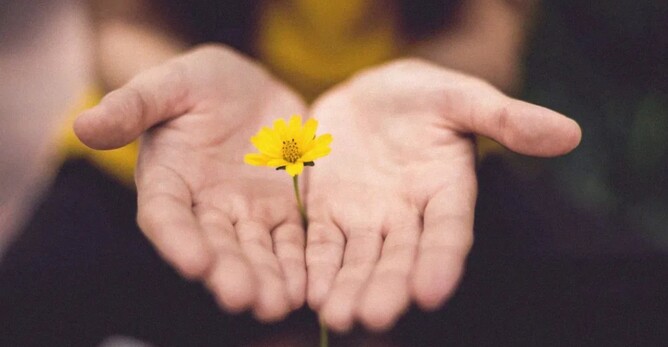We hear a lot about mindfulness at the moment. We hear that mindfulness will improve our lives, make us better partners and parents, help us succeed at work and improve our health and well-being. So first, what is mindfulness.
Imagine. You are on holiday in a beautiful place. Let’s say you are lying on a lounger feeling warmth from the sun and a gentle breeze on your skin, the scent of flowers drifts by and you hear the ocean waves rolling onto the shore and maybe some birds nearby hopping and chattering. You slowly sip your cool drink and lazily look around noticing the jewel like colours of the plants, the sky and the sea. You have no difficulty being aware of exactly where you are and what you feel. You are practicing mindfulness. No problem. You are awake to yourself and your surroundings not distracted, not worrying, just being.
The challenge is to find these moments of connection in the everyday, when we are locked into our ordinary patterns of busyness and stress. Actually we may have become so stressed that we are unable to relax and be at ease with ourselves even on holiday. So how do we achieve this state of ease and calm ? How do we become present or mindful at will? There are some clues in the ideal holiday situation where we have left our worries behind, we are noticing our senses, our environment and our feelings. We are tuned into ourselves, alive to the moment and our environment, finding peace and contentment in simple things. Basic mindfulness practices work by bringing our attention to something concrete in the here and now like the breath. We can count our breaths or watch our breath by noticing how it causes the belly to rise and fall, for example. It also helps to quiet the mind if we label what we are doing by saying to ourselves “I am noticing my breath as I breath in. I am noticing my breath as I breath out.”
Another good way to create a habit of mindfulness is to fix it to an everyday activity for example you can fix it to washing your hands. Whenever you wash your hands notice the feeling of the water running over your hands, the smell of the soap, the feeling of the hands massaging each other, the sound of the water running and the texture of the towel as you dry your hands. You have come alive in the present and stopped speeding through every action as if someone or something is chasing you.
Mindfulness is a way of learning techniques to break the patterns of stress and busyness we seem to be so addicted to. Mindfulness practices can free us from constant worry about the future and constant judgments about the past and that freedom allows us to be comfortable and responsive in the moment. Mindfulness breaks the worry circuit which has many benefits for our physical and mental health


